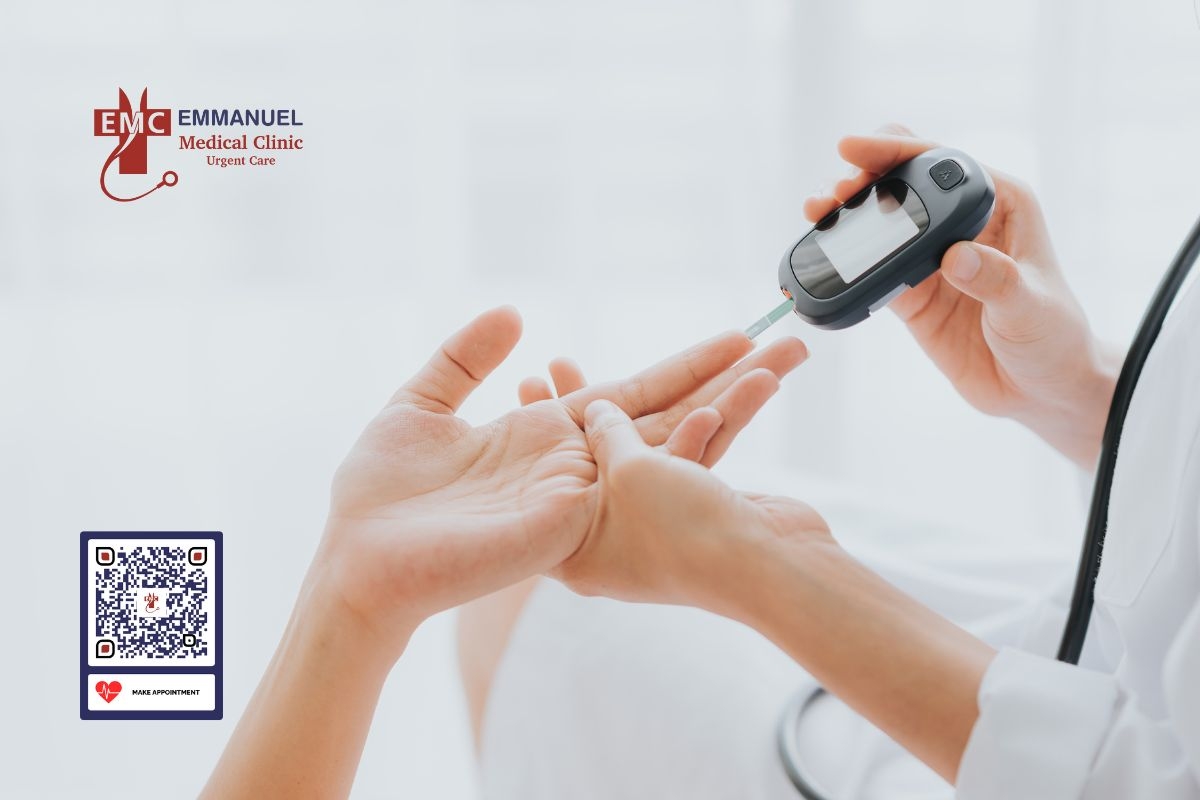Diabetes is a chronic condition that affects millions of people worldwide, influencing how the body processes blood sugar, or glucose, which is crucial for energy and cell nourishment. There are primarily two main types of diabetes: Type 1 and Type 2, each with distinct causes,
symptoms, and treatment approaches. Understanding these differences is essential for managing the condition effectively and maintaining a healthy lifestyle.
Type 1 Diabetes: An Autoimmune Condition
Type 1 diabetes is an autoimmune condition where the body's immune system mistakenly attacks and destroys insulin-producing beta cells in the pancreas. Insulin is a hormone that regulates blood sugar levels, and without it, sugar accumulates in the bloodstream, leading to various health complications. Type 1 diabetes is often diagnosed in children and young adults, hence it was previously known as juvenile diabetes.
Symptoms of Type 1 diabetes can develop quickly and include increased thirst, frequent urination, hunger, weight loss, blurred vision, and fatigue. Managing Type 1 diabetes requires daily insulin injections or the use of an insulin pump, regular blood sugar monitoring, and maintaining a balanced diet and exercise regimen.
Type 2 Diabetes: Linked to Lifestyle and Genetics
Type 2 diabetes is more common and usually develops in adults over the age of 45, but can increasingly occur in younger age groups, including children, adolescents, and young adults. This type of diabetes is often associated with obesity, physical inactivity, and genetic factors. In Type 2 diabetes, the body either resists the effects of insulin or doesn't produce enough insulin to maintain a normal glucose level.
Symptoms are similar to those of Type 1 but can be less obvious, making Type 2 diabetes harder to recognize. They include increased thirst, frequent urination, hunger, fatigue, and blurred vision. Management focuses on lifestyle changes such as diet, exercise, weight loss, and, if necessary, medications or insulin therapy.
Gestational Diabetes: A Temporary Condition During Pregnancy
Gestational diabetes occurs in some women during pregnancy. Though it usually resolves after giving birth, it can increase the risk of developing Type 2 diabetes later in life for both mother and child. Managing gestational diabetes is crucial to maintaining the health of both mother and baby.
When to Seek Help
Recognizing the symptoms of diabetes early can lead to a timely diagnosis and effective management of the condition. If you or someone you know is experiencing symptoms associated with diabetes, or if you have questions or concerns about your risk, it's crucial to seek professional medical advice.
Emmanuel Medical Clinic, a family doctor practice, is dedicated to providing comprehensive care and support for individuals with diabetes or those concerned about their risk. Our experienced team is here to help you with personalized consultation and management plans tailored to your unique needs.
For any queries or to schedule a consultation, please contact us at:
- Phone: +1-818-988-9818
- Website: www.emmanuelmedicalclinic.com
- Location: 7963 Van Nuys Blvd #101, Panorama City, CA 91402
Taking the step to consult with healthcare professionals at Emmanuel Medical Clinic can be a pivotal point in managing your health effectively and leading a fulfilling life, even with diabetes.










 And then Add to Home Screen.
And then Add to Home Screen.